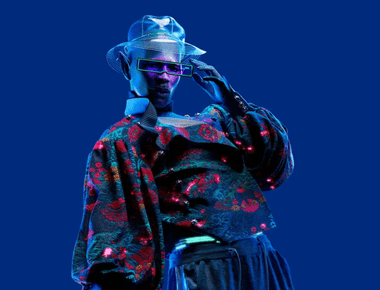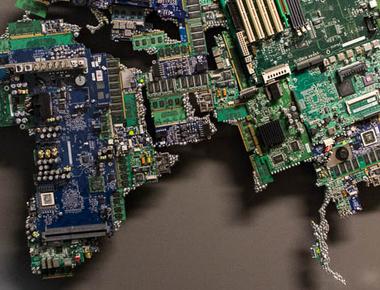
Why AI is yet to kick off in Africa

Seeing all the large-scale technological advancements happening around the globe made me wonder why Artificial Intelligence was yet to make its mainstream mark in Africa. Despite being the 2nd largest continent in the world (Just behind Asia), we still lag far behind the others in terms of AI technology.
As a quick disclaimer, I’m not writing this blog to undermine the work that is being displayed by some promising African AI and Data Science companies, but rather encouraging the future innovators to look at the problems that I think are slowing Africa down in terms of progression.

After having done the due diligence to research why this was the case, I found a few trends that could pinpoint reasons why Africa is yet to make the mainstream mark of embracing AI technology.
Education
Nelson Mandela was famously quoted as saying, “Education is the most powerful weapon which you can use to change the world”. This quote still holds true to this day. Assess to quality education is a problem that’s felt the hardest in Africa. Important figures that bring home this point is the Human Development Index.
This index examines life expectancy, education, and income levels in countries around the world. The lower the HDI, the lower the quality of education which generally indicates a poorer quality of life. It would thus be of no real surprise then, that nine out of the lowest ten ranked countries in the HDI are African countries.
The lack of proper education holds the continent back in regard to AI as many youths are not exposed to the potential strength of this technology until later years, if not at all.

To be a success in tech as a whole, one needs to be able to have a proper grasp of basic educational fundamentals such as reading, writing and logical thinking. These are qualities that are ingrained in many school systems around the world however Africa is still short in many parts of the continent.
Without a proper base of education, many African youth suffer an uphill battle to provide a meaningful life for themselves and their family.
Infrastructure
Another big factor why AI is yet to steamroll through Africa is a lack of proper infrastructure. A big way to keep a continent thriving is through connectivity. Many African countries not only suffer from a lack of Internet but struggle to also provide more basic infrastructure such as electricity and water.
This creates the debate of whether governments should prioritize the basic infrastructure such as water and electricity over more advanced technological advancements such as IT and telecommunications.

Although striking the right balance between the two would be the ideal solution, it becomes an “easier said than done” type of situation. If the basic infrastructure of a country has not been resolved yet, one cannot expect a large amount of progress in the more advanced form of infrastructure.
Government Regulation
It is no secret that government regulations can play a major role in either slowing down or speeding up technological advancements. It is thus essential that African countries be proactive with modern technologies such as Artificial Intelligence as they drive new business and service models.
Onus is thus on the government to rapidly create, modify and properly enforce the right regulations. Progress in regulatory reform, has been impressive in certain Sub-Saharan Africa with the region accounting for a third of regulation progress in Africa.

Yet again according to the World Bank, 6 out of the bottom 10 countries that rank low for government effectiveness come from Sub-Saharan Africa. The ineffectiveness of government in terms of regulating technologies leads to investors and entrepreneurs alike pulling out of working in these countries and therefore slowing down the progress of these AI technologies.
If you have been keeping up to track with global markets, the trend that is AI technology is one that is here to stay. The market for these technologies keeps on growing and it is only a moment of time before the market becomes mainstream in Africa.
Related Posts






Quick Links
Legal Stuff

